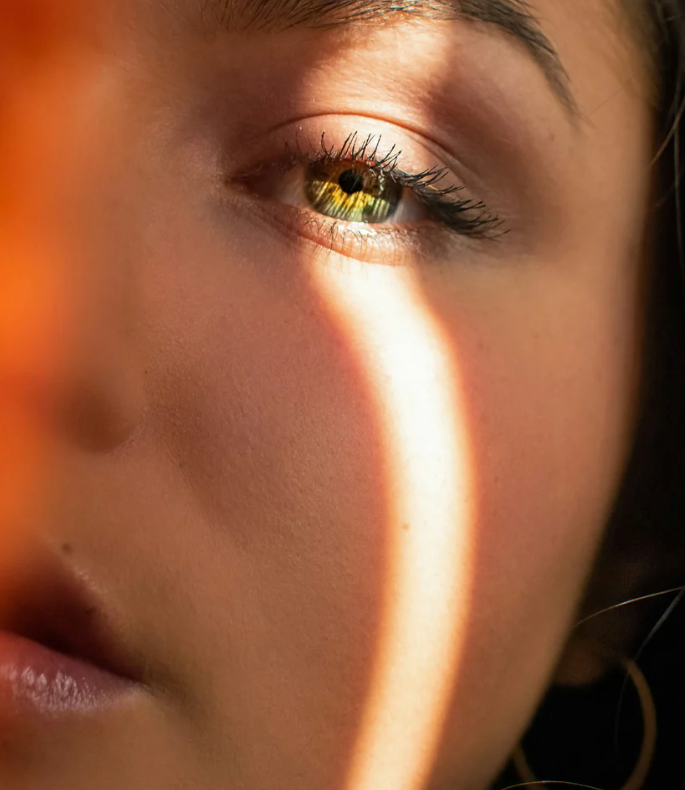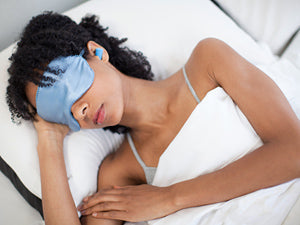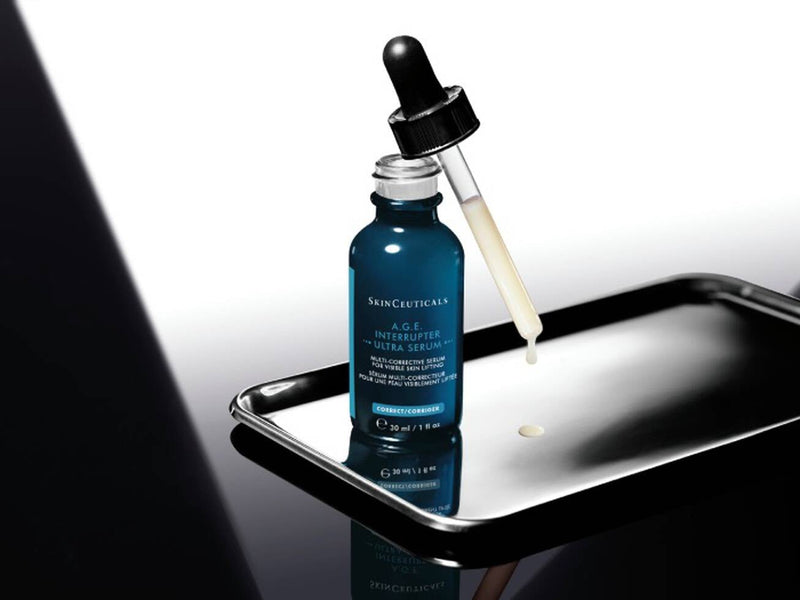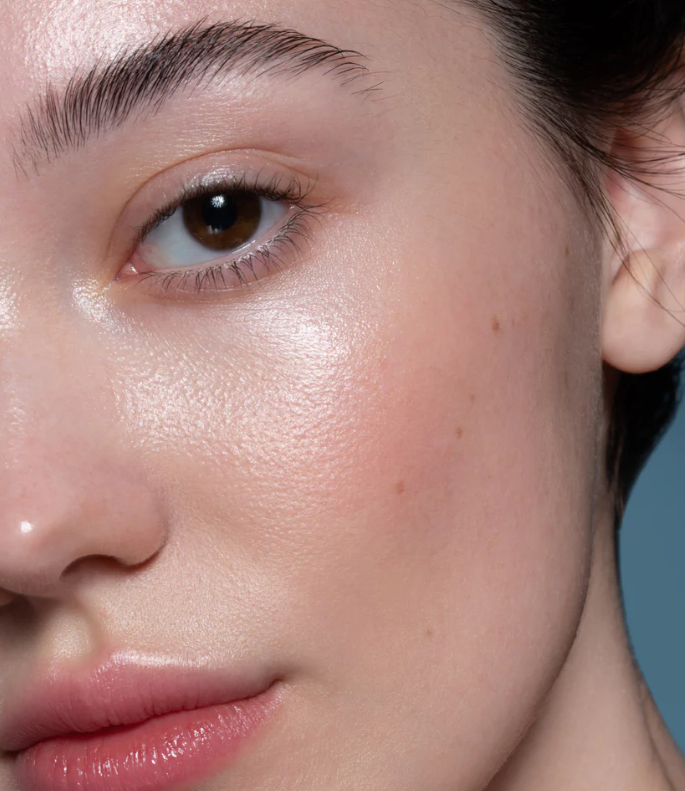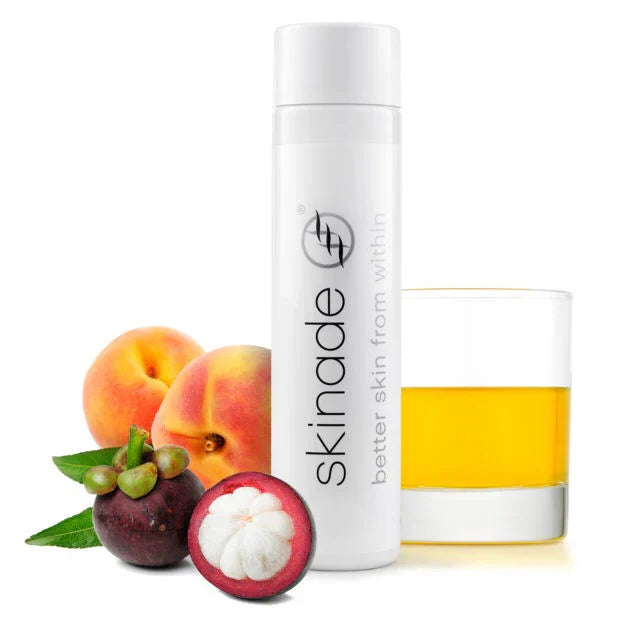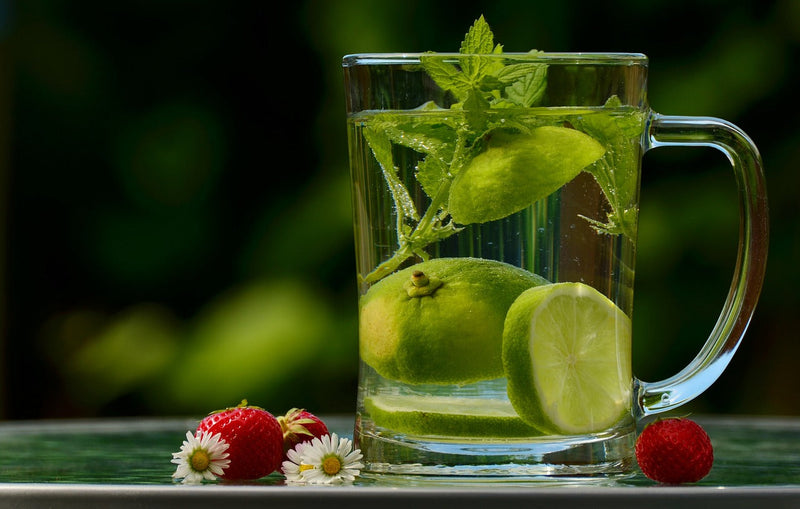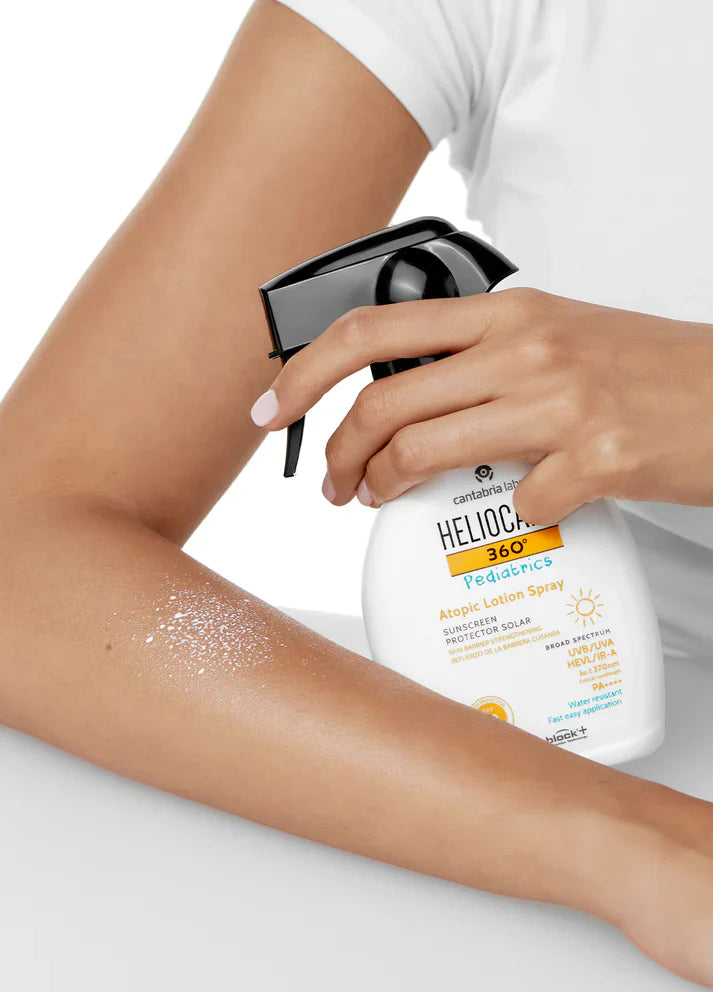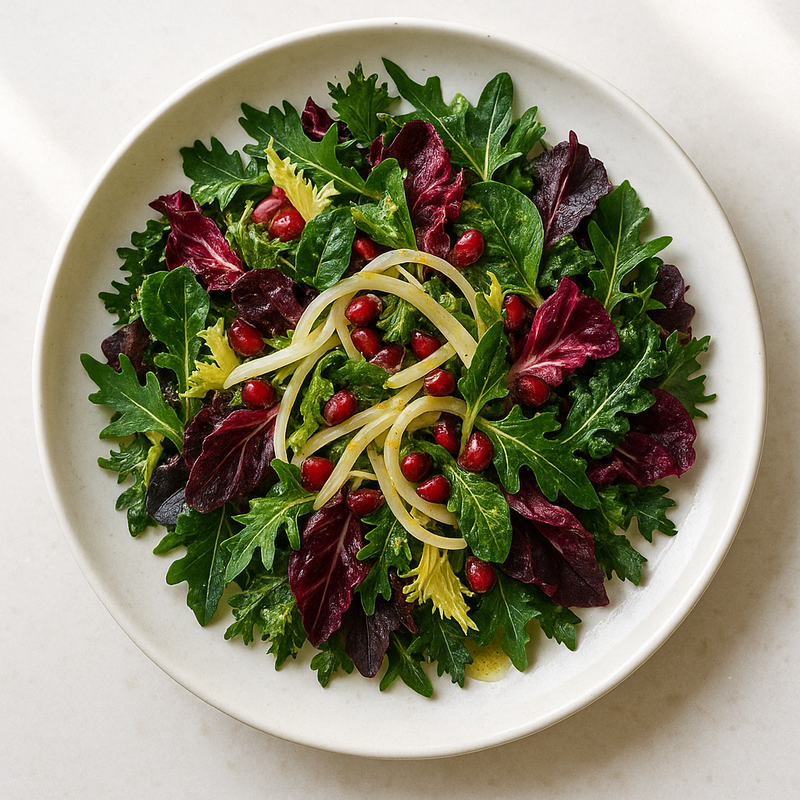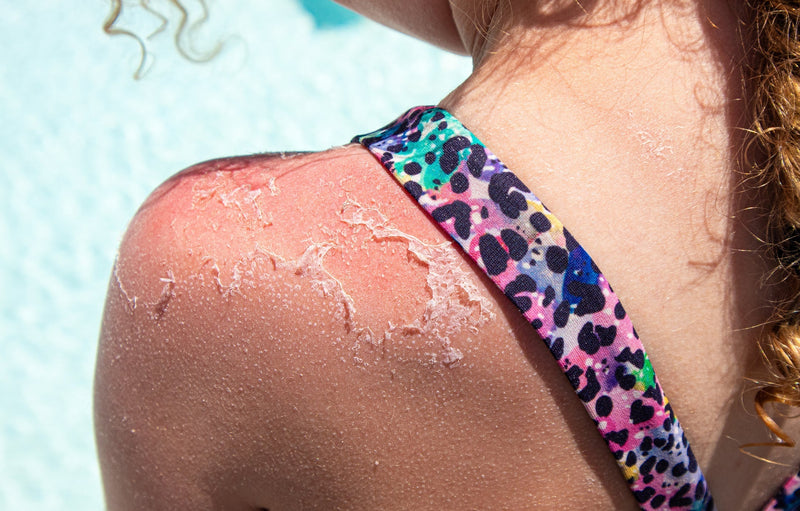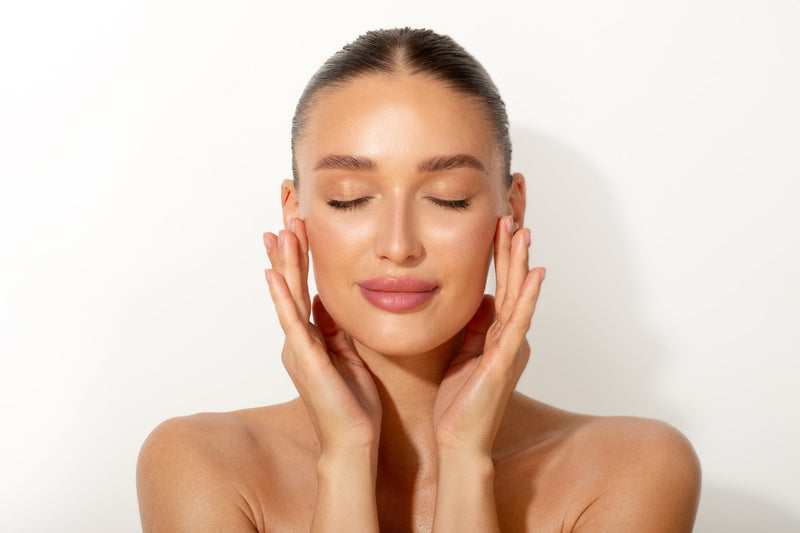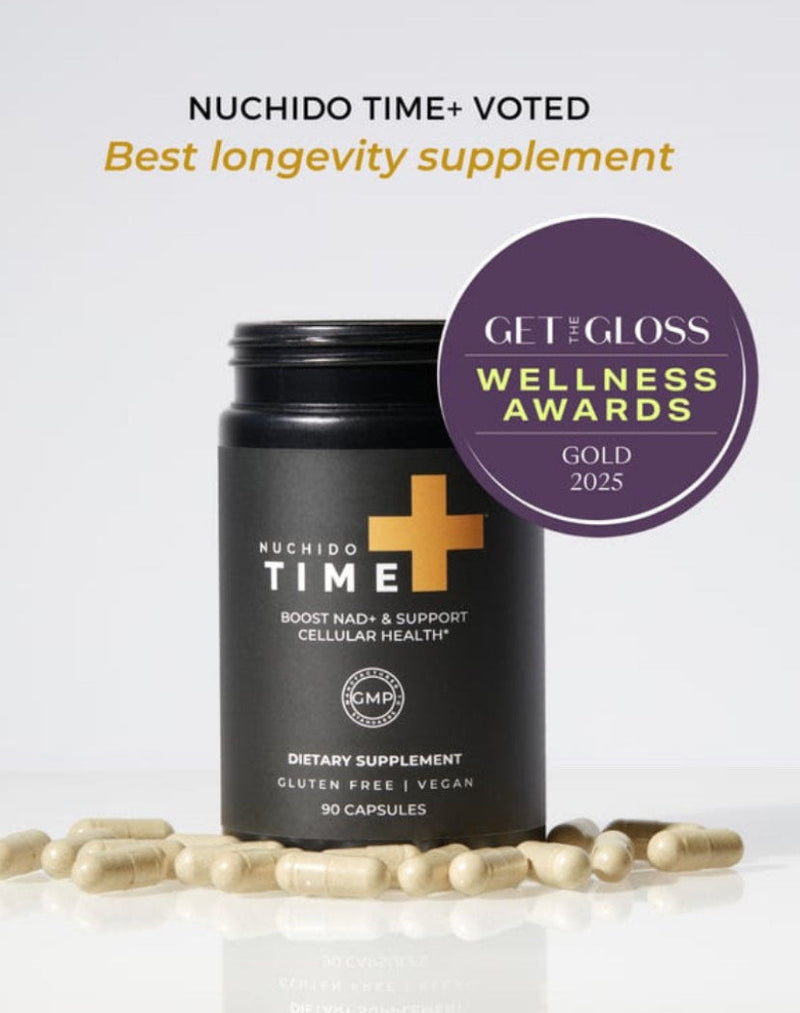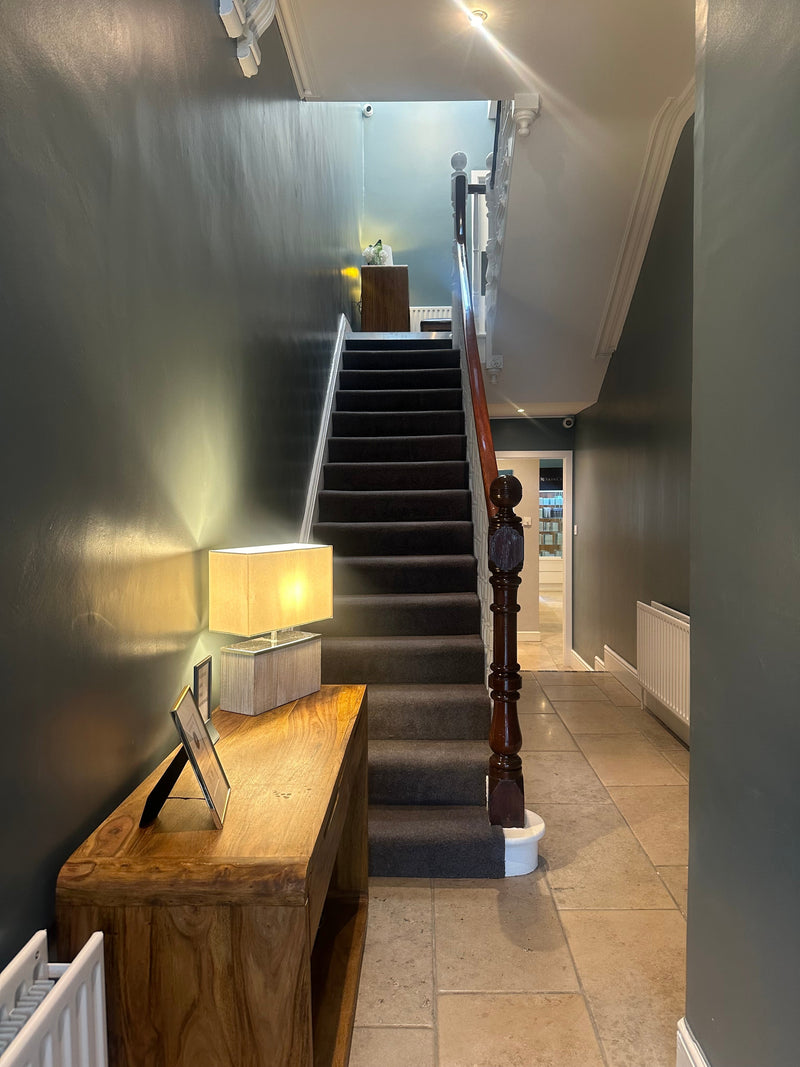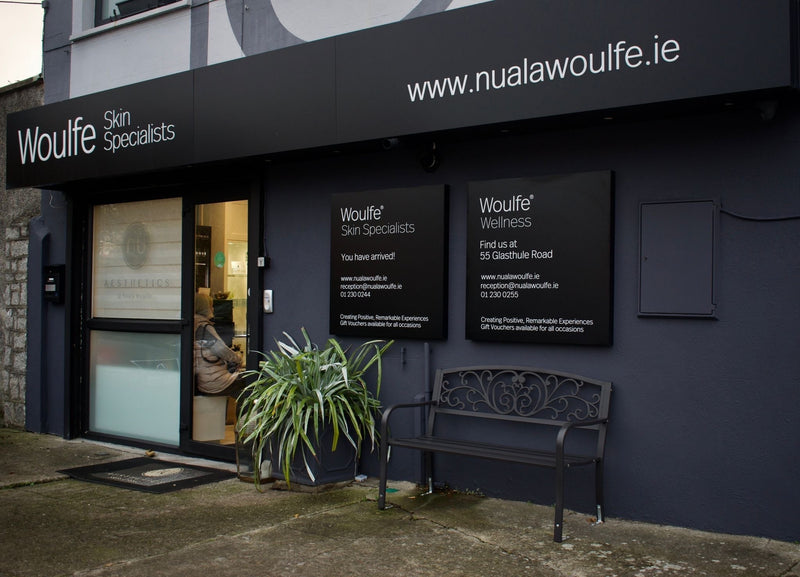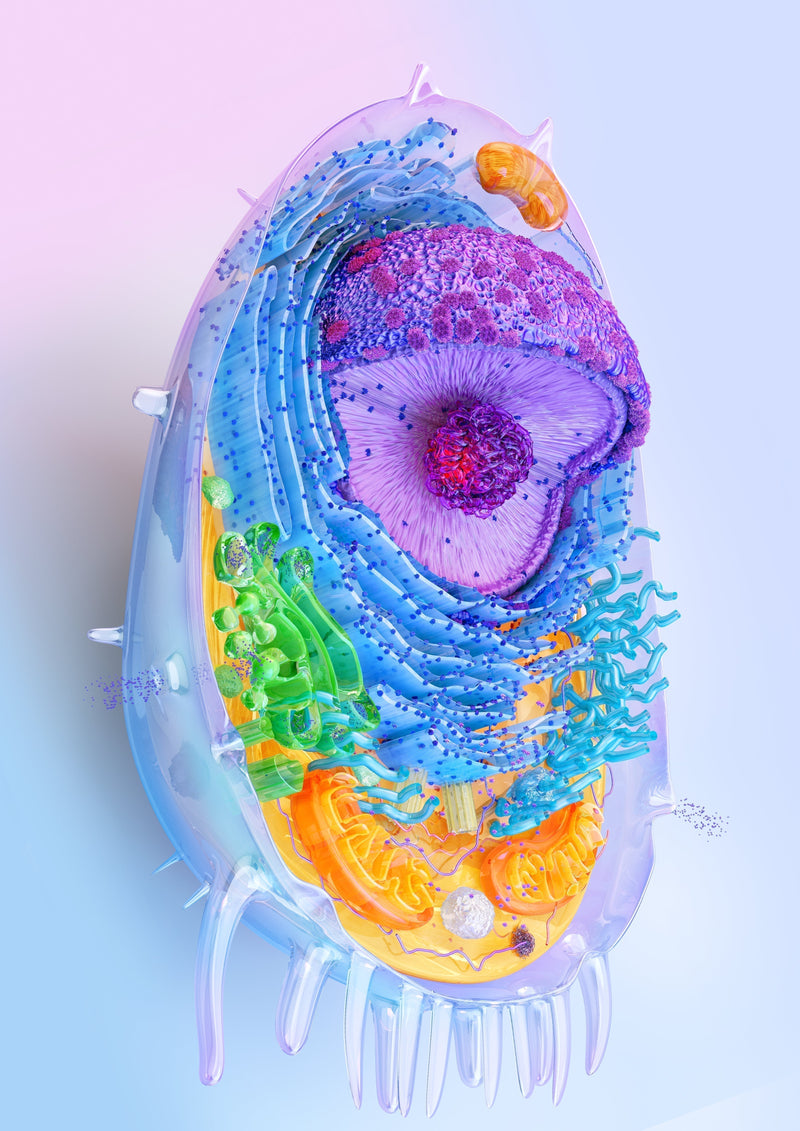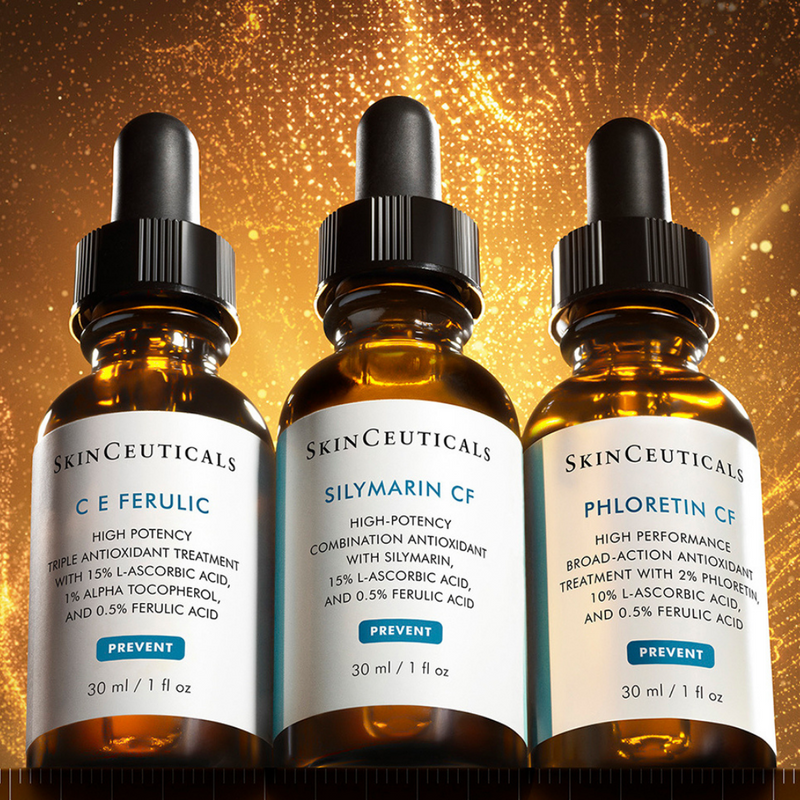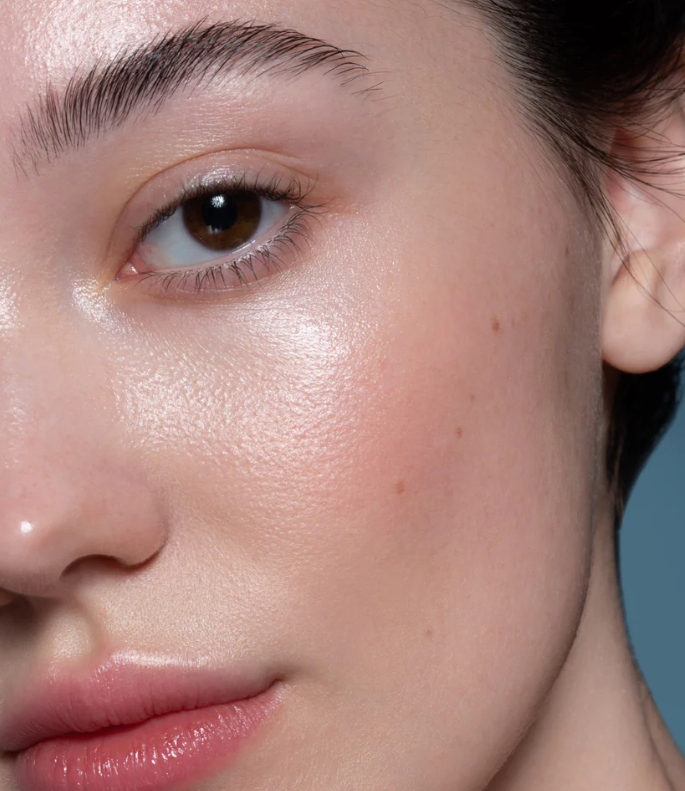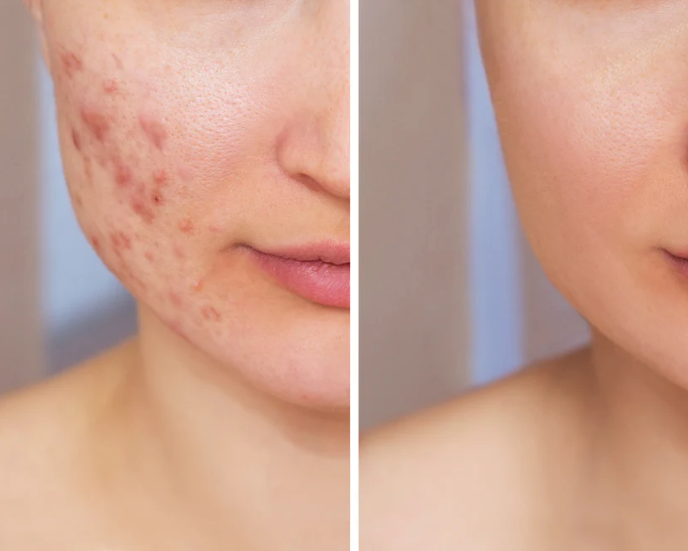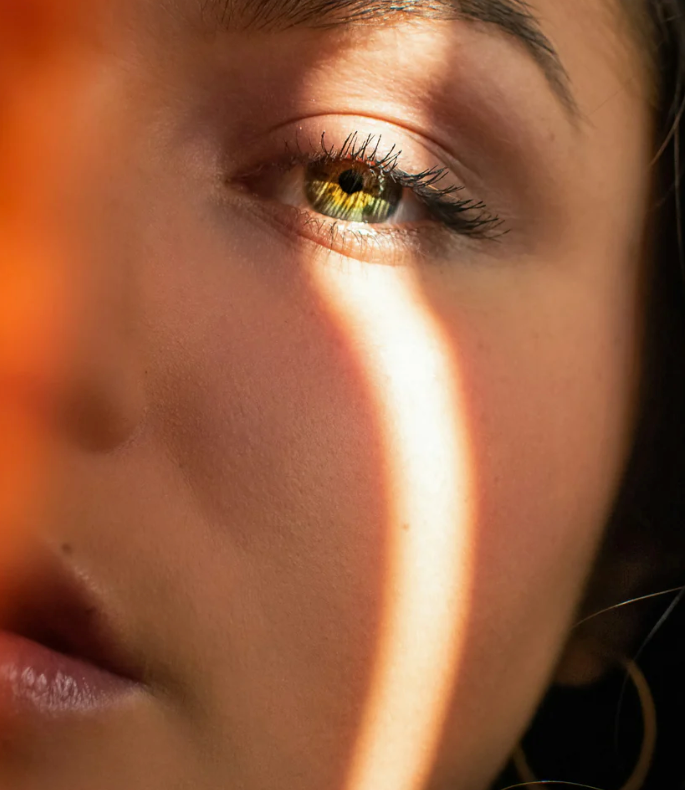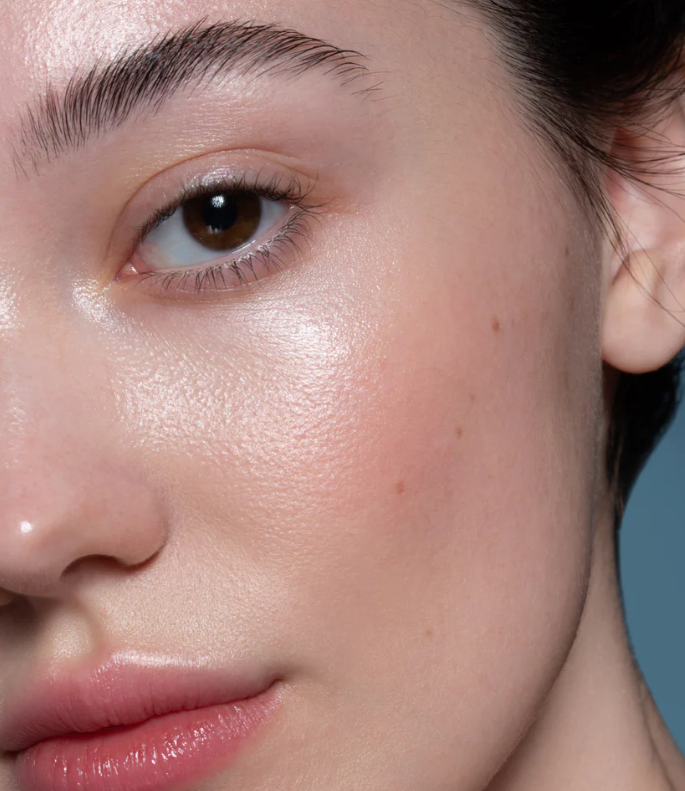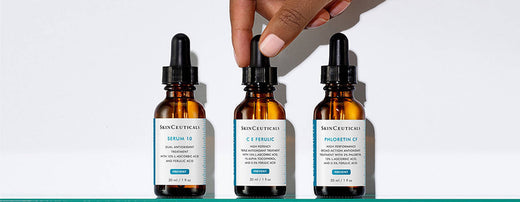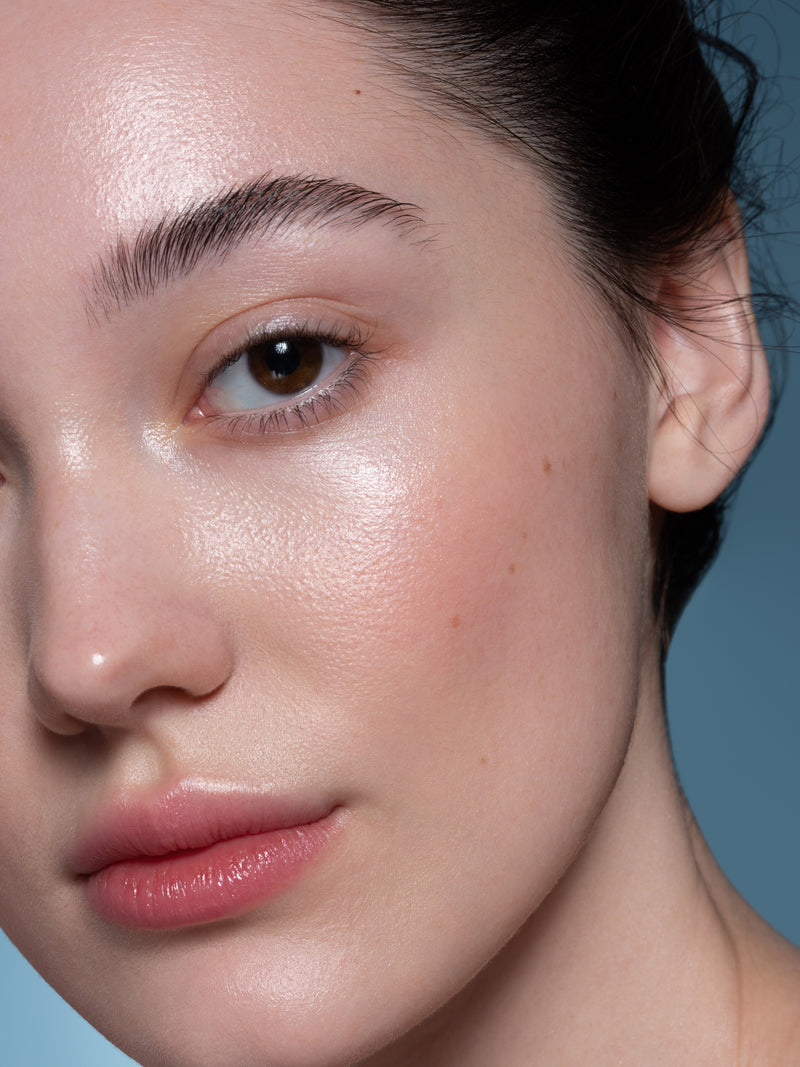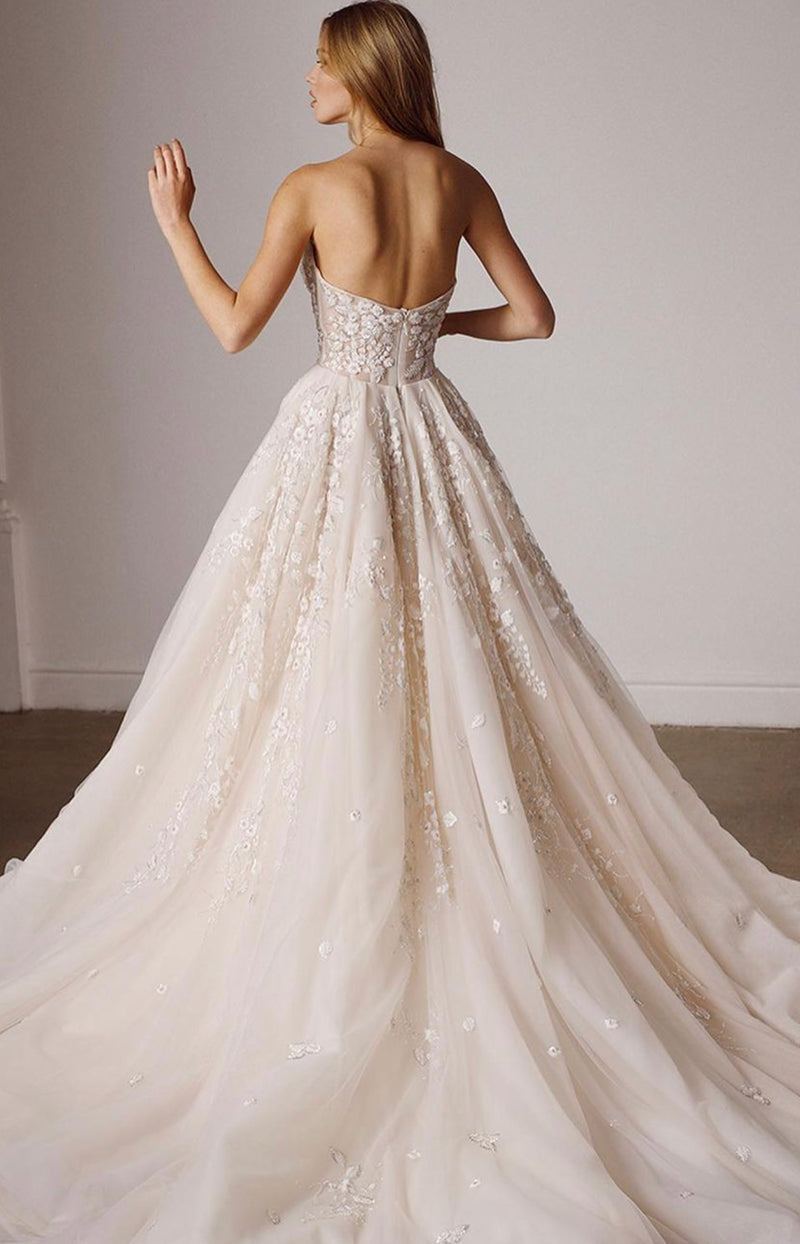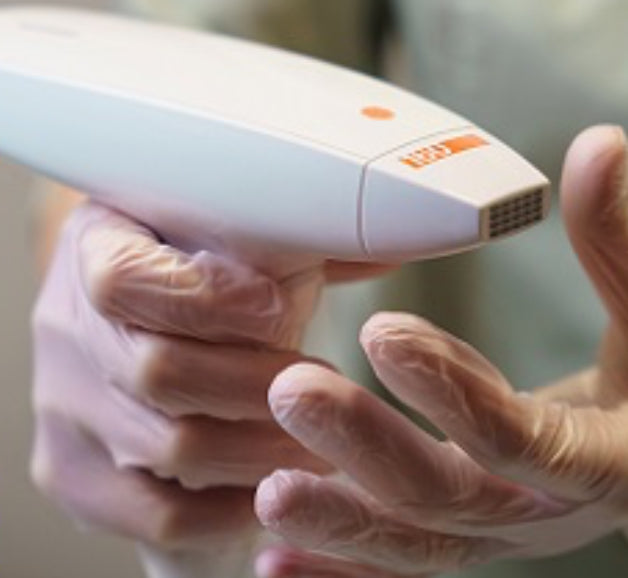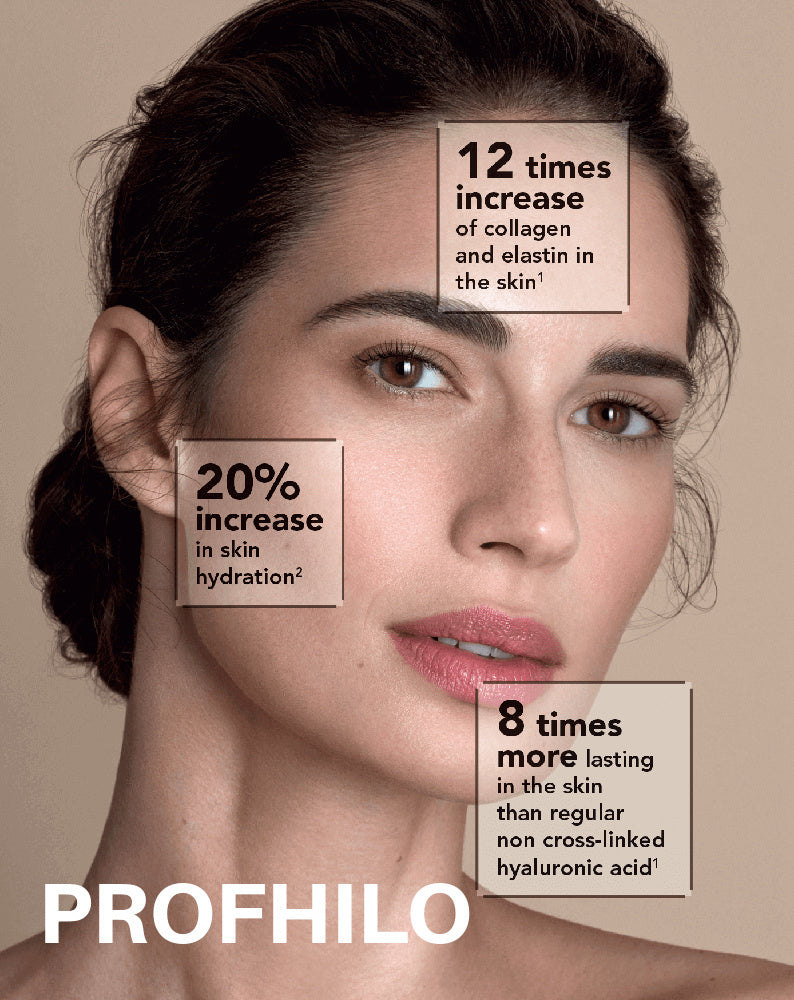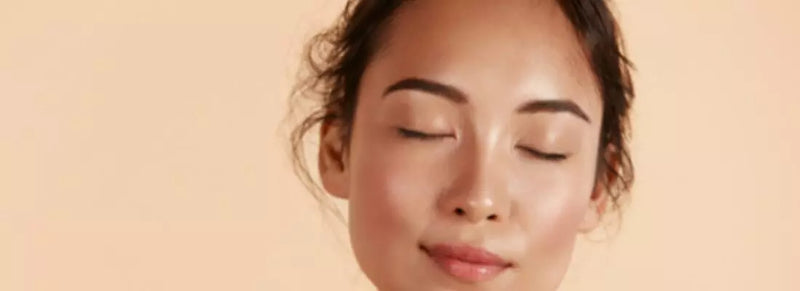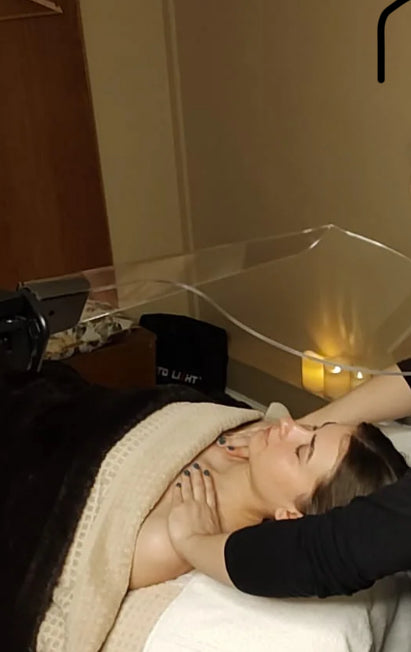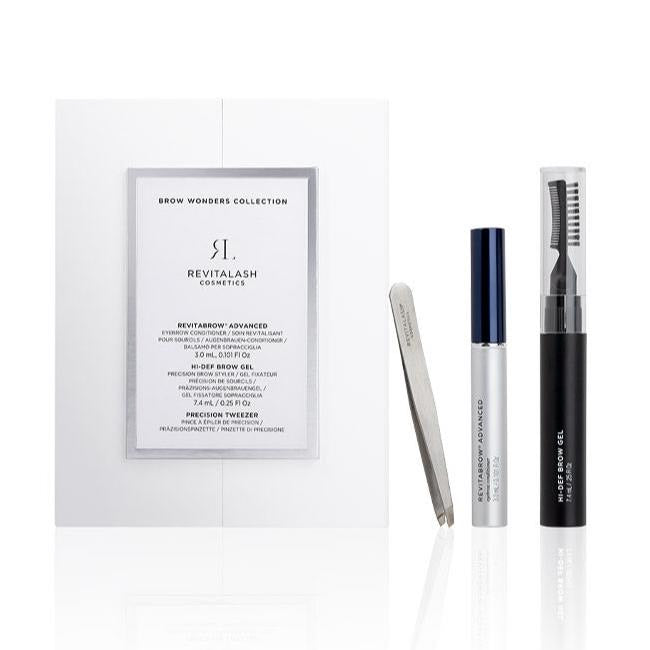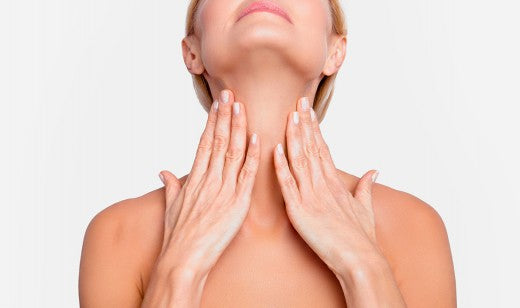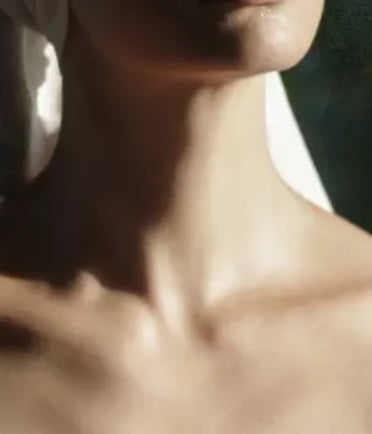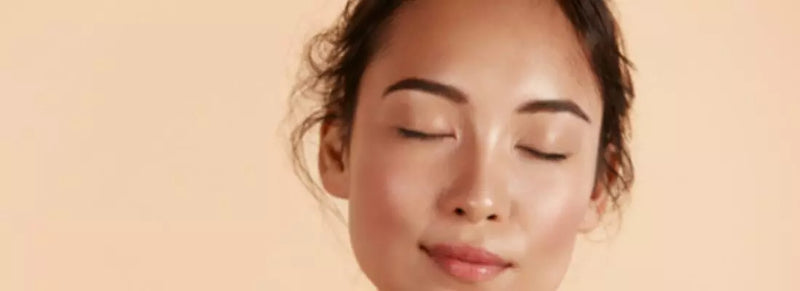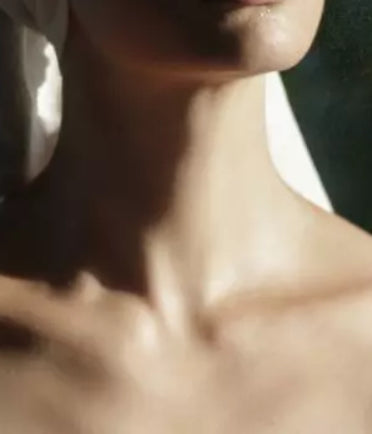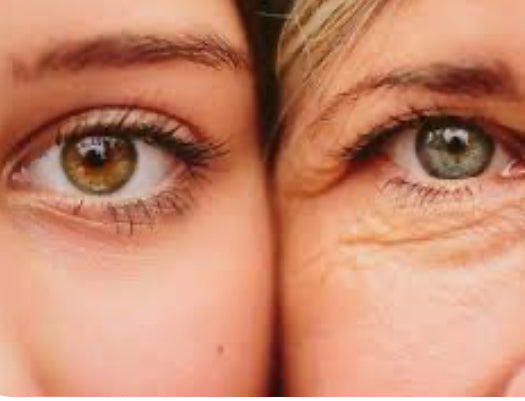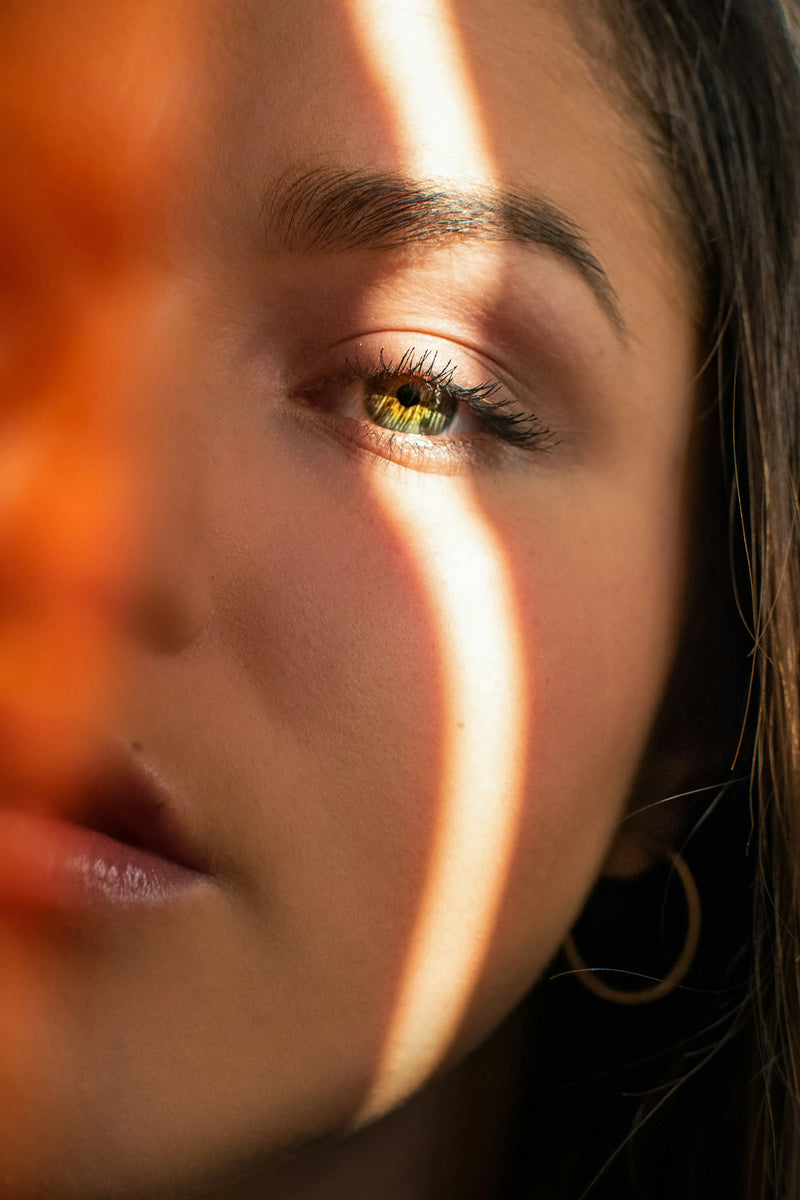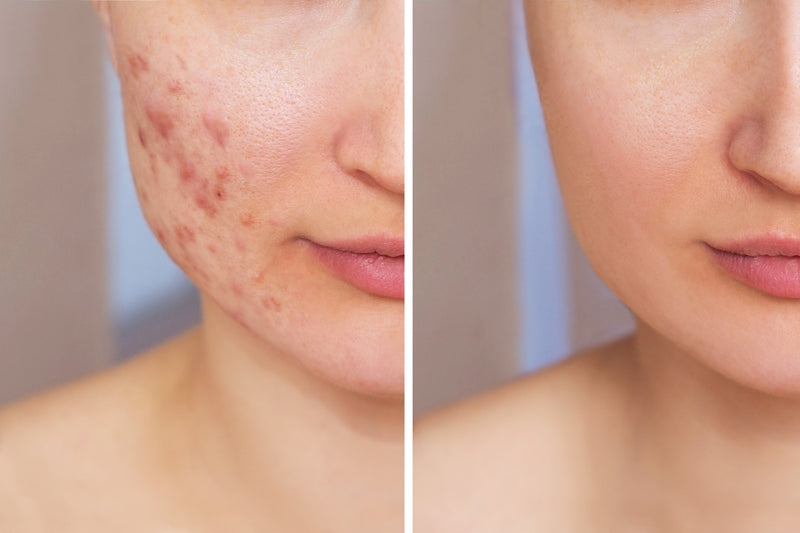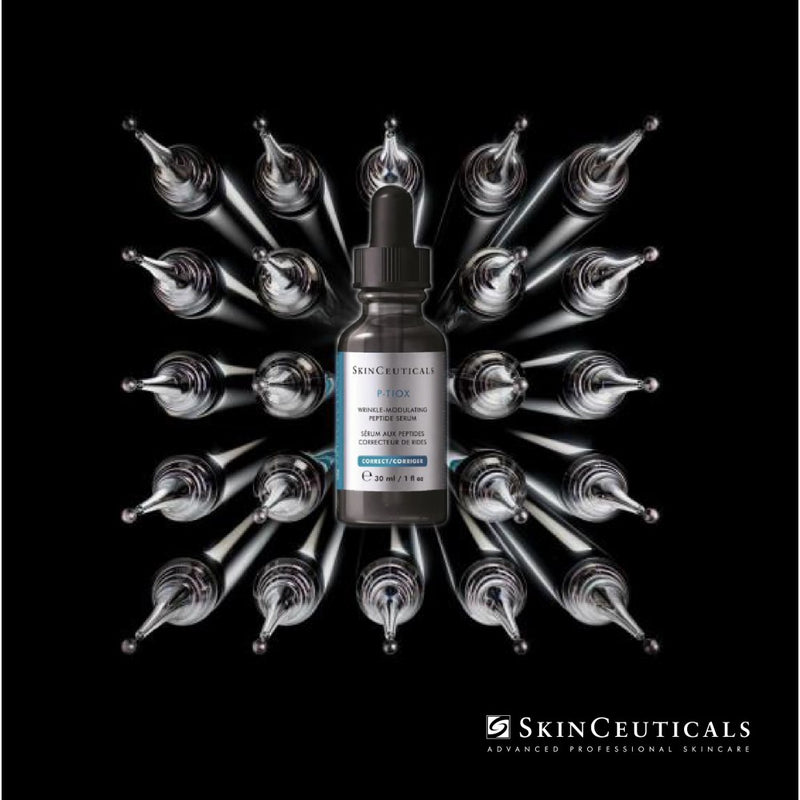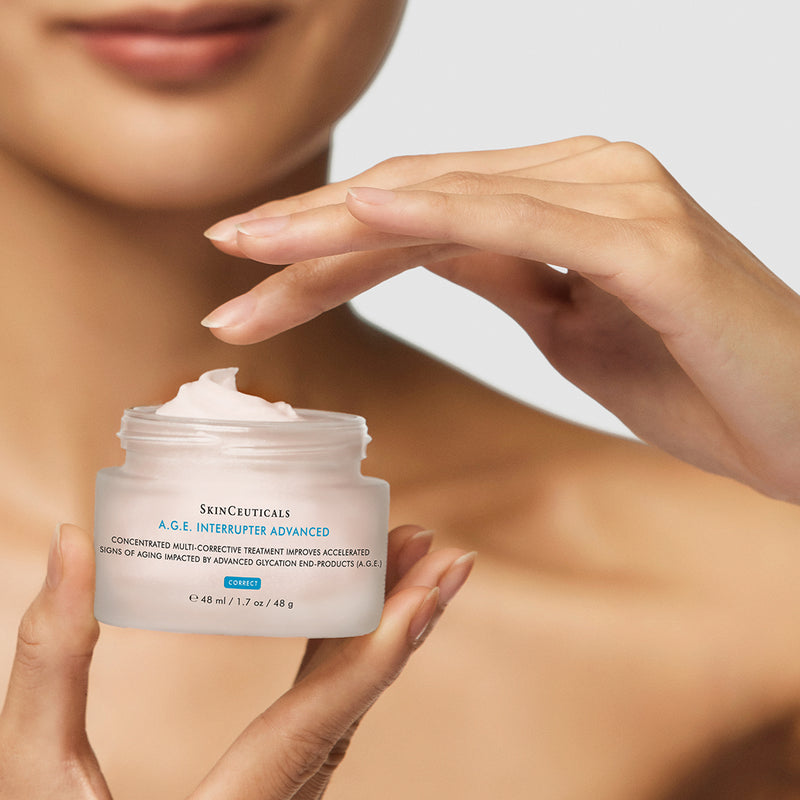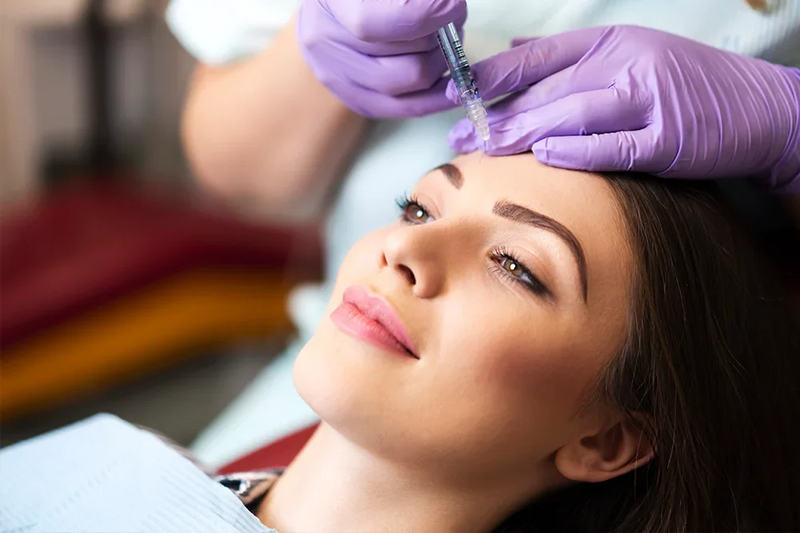
Wondering about hard vs. soft water for hair?
We’ve all heard the terms “hard” and “soft” water before, but what does these terms really mean? How could a liquid like water feel hard? Does hard water damage hair? What makes water soft and how does that affect your hair?
What is hard water?
Contrary to what it sounds like, the name hard water doesn’t have anything to do with the way the water feels. Water is hard when it has a higher than usual concentration of minerals, primarily calcium and magnesium carbonates. Water can become hard naturally as it picks up minerals from rocks as it flows through rivers, streams, and wells.
While hard water is generally thought of as safe to drink, cook with, and bathe in, many cities task their water treatment plants with filtering out as many minerals as possible. However, filtered water can sometimes pick up more minerals as it leaves the treatment plant and makes its way to your home through hundreds of miles of metal pipes.
In Ireland we mostly have hard water. Interestingly hard water tastes nicer than soft water.
Is hard water bad for your hair?
Hard water doesn’t just sound like it’s bad for your hair—it can be.
All the minerals and heavy metals in hard water can cause your hair to become dry, brittle, brassy, and dull. Your scalp can also get flaky and itchy, too.
Not only can hard water affect the way your hair feels, but also how it looks, particularly when it comes to salon colour. If the hair fibres have a build-up of minerals and metals, it can cause less than optimal results during your next balayage, highlighting, or colour appointment. Your hue can appear dull, uneven, or lack shine.
Does hard water make your hair greasy?
While hard water is typically more drying, the minerals can also mix with your natural oils and leave your hair feeling greasy. These minerals can also interact with the ingredients found in your shampoos and other hair products, making them less effective. If you’re dealing with oily hair from hard water, consider installing a water softener in your shower. In the meantime, try using a lightweight dry shampoo like a gentle detox shampoo that eliminates the oily residue.
What is soft water?
Soft water is the exact opposite of hard water. It has a low concentration of minerals. Soft water occurs for several reasons: Either the water has not flowed through any rocks or wells (i.e. rainwater), the rocks the water did flow through had a very low concentration of soluble minerals, or the minerals have been filtered out.
Does soft water make your hair softer?
Yes! While hard water tends to be drying, soft water can leave you with smoother, more manageable hair.
What are the disadvantages of soft water?
Washing with soft water can be better for your hair.
Soft water can make your hair greasy and flat; the soft water will make your hair hold on to your products which can also cause build-up.
This can be particularly difficult for people with fine or oil-prone hair. If you have soft water in your shower, combat these effects by using a volumising shampoo and conditioner.
How can you tell the difference between hard and soft water?
While it is usually hard to tell if the water coming out of your shower is hard or soft just by looking at it, there are several ways to test your water to find out. All you have to do is take a shower! If you have hard water, it will be harder for your soap to create a rich, foamy lather. If your soap isn’t giving you a definitive answer, look at your faucets. Over time, hard water can leave behind mineral build up like limescale or calcification.
Hard Vs. Soft Water: Which Is Better for Your Hair?
The simple answer is neither. While both hard and soft water is safe to drink, cook with, and bathe in, they each come with their own set of hair woes that we stated above. Luckily dealing with hard and soft water is a lot easier than it sounds. If you don’t feel like switching up your hair care routine, think of investing in a shower filter. Most shower heads are easy to install and can filter several minerals and heavy metals out of your water. Boiling your shower water is another way to rid your tap water of minerals.



